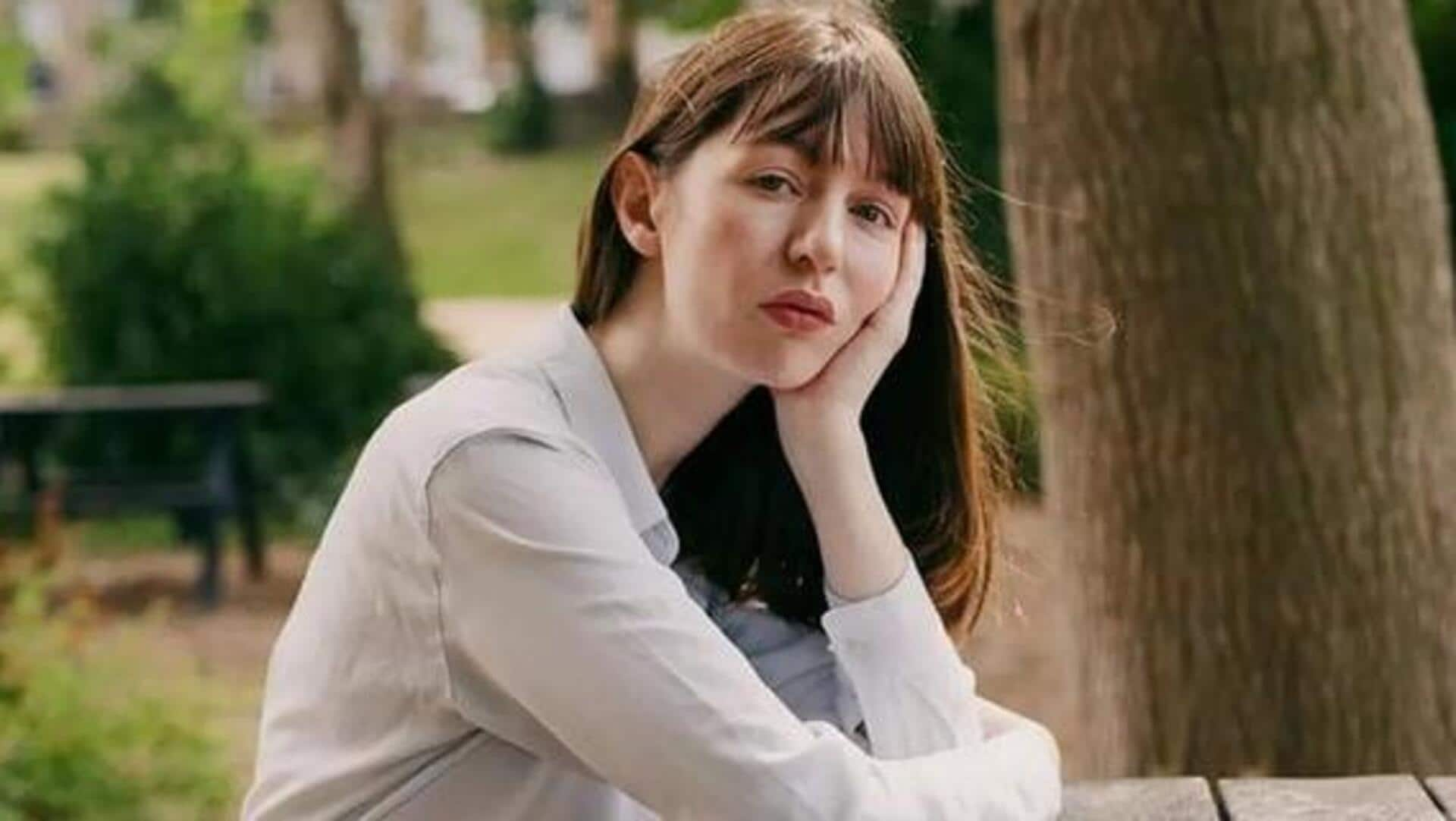
Sally Rooney's third novel won't be adapted for TV—here's why
What's the story
Acclaimed Irish author Sally Rooney has decided against adapting her third novel, Beautiful World, Where Are You, for television. In an interview with The New York Times, the 32-year-old writer reflected on her experiences with the TV adaptations of her previous books and explained her decision. Rooney is best known for her novels Normal People and Conversations with Friends, both of which were adapted into successful TV series.
No adaptation
'Felt it was time to take a break'
Rooney told NYT that she has chosen not to accept any offers to turn Beautiful World, Where Are You into a TV show. She explained, "I felt like it was just time to take a break from that and let the book be its own thing for a while." The author's decision comes after her involvement in the TV adaptations of her earlier novels.
Previous adaptations
Rooney's mixed experiences with TV adaptations
Rooney co-wrote the TV adaptation of her second novel, Normal People, which was a massive success and launched the careers of actors Paul Mescal and Daisy Edgar-Jones. However, her experience with the TV adaptation of her first novel, Conversations with Friends, was different. Although she served as an executive producer on the project, she was not part of the writers' room.
Reflection
'TV world not where I belong...'
Rooney shared her reflections on the TV world—stating that it's not where she belongs. She described her experience with Normal People as "amazing," but also acknowledged that it felt like a "really big job." The author added, "When the show was broadcast, that felt like a lot in terms of the amount of discourse that it generated and the amount of media attention. I felt like, OK, now I know that my books are where I belong."
New release
Rooney's 4th novel hits bookshelves
Rooney's fourth novel, Intermezzo, is set to be released this week. The book follows the story of two grieving brothers navigating their relationships. In the interview, Rooney also addressed assumptions about her work being heavily autobiographical. She said, "It felt like they were just fictional characters, like all my other fictional characters, and I was intrigued by them."